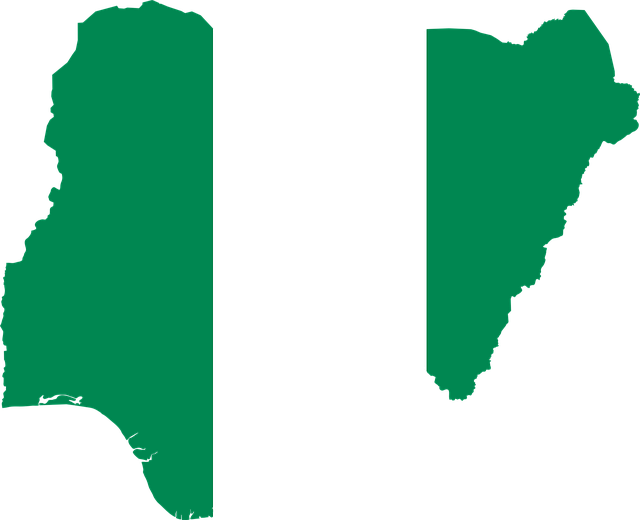By Tim Lambert
Early Nigeria
The Nok culture flourished from about 500 BC to about 200 AD. The Nok were farmers who made iron tools. They are also known for their terracotta sculptures. In the following centuries, many kingdoms existed in Nigeria, using iron tools. The empire of Ife is famous for its bronze sculptures.
In 1472, the Portuguese reached Benin. The Portuguese were impressed by the wealth of Benin and established trade links. Slavery already existed in Nigeria, but the Nigerians began selling slaves to the Portuguese and later to other Europeans. From the 16th century to the 19th century, huge numbers of slaves were transported across the Atlantic. The British abolished the slave trade in 1807, but there were many slaves in Nigeria until the 20th century.
The Sokoto Caliphate was founded in 1804. It conquered northern Nigeria and took vast numbers of slaves, who were made to work in plantations. Many of them converted to Islam.
British colonialism in Nigeria began in 1851. The British bombarded the city of Lagos to end the slave trade. They deposed the king, Oba Kosoko, who refused to end slavery, and replaced him with Oba Akitoye, who was pro-British.
The British annexed Lagos in 1861. In the following decades, the British gradually extended their control over Nigeria. In 1914, the Colony and Protectorate of Nigeria was officially formed. However, the British ruled indirectly, allowing local leaders to have some power.
Modern Nigeria
Nigeria became independent in 1960. Its first prime minister was Abubakar Tafawa Balewa, but he was assassinated in 1966.
In 1967, Nigeria was torn by a civil war. Odumegwu Ojukwu, the governor of the Eastern Region, declared independence as the Republic of Biafra. There followed a terrible civil war, which claimed at least a million lives. The war ended in January 1970.
In the late 20th century, Nigeria had a series of military rulers. However, democracy was restored in 1999.
Today, Nigeria is a poor country, but its economy is growing. Oil and gas play a big role in the Nigerian economy. However manufacturing industry and services are growing rapidly. In 2025, Nigeria’s population was 237 million.

Last revised 2026